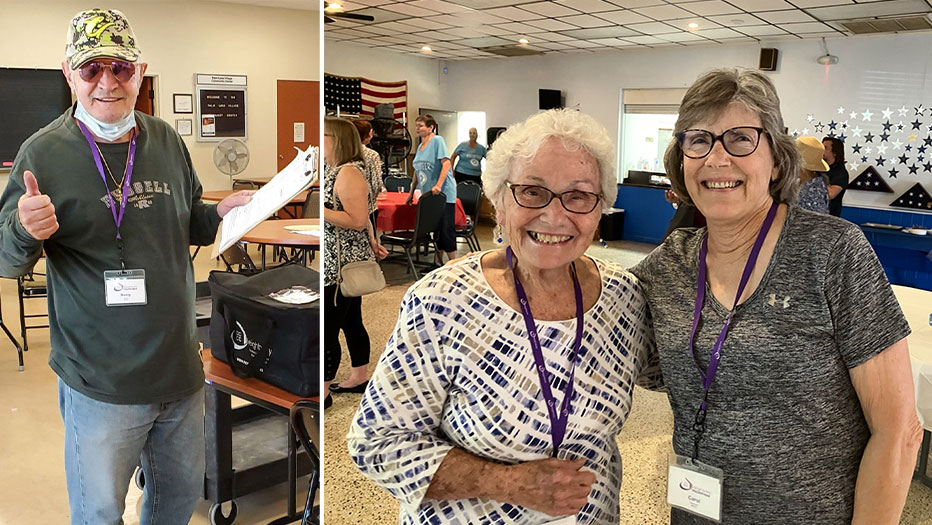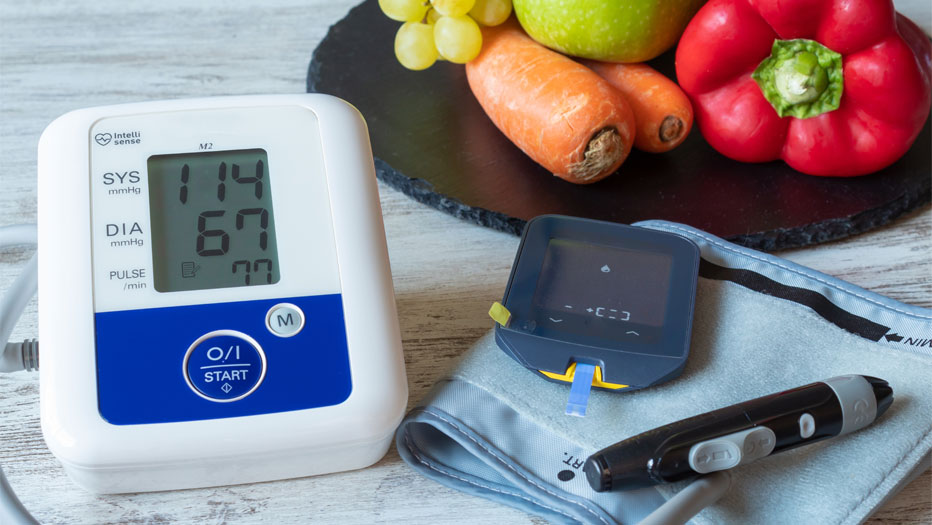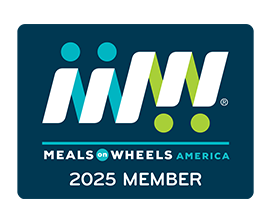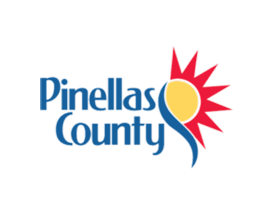
Are You Hurricane-Season Ready?
Anita Frankhauser, MS, RDN, LDN
Hurricane season begins in June, but the most severe storms typically occur in August. With that in mind, there is still time to prepare and ensure your safety. Having essential supplies like water and food is crucial before a storm hits to avoid shortages. If you are enrolled in Meals on Wheels Pinellas County or attend a Neighborly Senior Café, you can receive a 5-day hurricane meal box to help you stay nourished during an emergency.
Why Prepare?
Hurricanes can cause significant disruptions, including power outages, flooding, and blocked roads. These issues can make it difficult to access vital resources such as water, food, and medicine. Therefore, having enough supplies on hand is essential. Neighborly Care Network senior services can provide the necessary support to ensure you are well-prepared.
Stay Connected
Staying informed during hurricane season is critical. Here are two ways to stay updated:
- Sign up for Alert Pinellas to receive important alerts for Pinellas County.
- Download the Ready Pinellas app on your phone for timely information.
Water and Food
Having adequate supplies of water and food is vital for your safety and health.
Water: Ensure you have 5 gallons of water per person, which equals about 40 regular water bottles or five 1-gallon jugs.
Food: Store 3 to 5 days’ worth of non-perishable food. Opt for items you enjoy that do not require refrigeration or cooking.

For example:
- Canned meats, fruits, and vegetables
- 100% juice boxes, especially if you have diabetes
Don’t forget to have a manual can opener in case of power outages.
Medications
Maintain at least a 4-week supply of any prescription medications to ensure you do not run out during an emergency.
Home Preparation
Properly preparing your home can make a big difference during a power outage.
Fridge and Freezer: Set your freezer to 0 degrees or below and your fridge to 40 degrees or below. Use a thermometer to monitor the temperatures.
Freeze Items: Freeze leftovers, milk, other dairy products, fresh meat, and poultry. Additionally, freeze jugs of water or use gel packs to help keep things cold.
Generator: If you own a generator, test it regularly and keep a backup supply of gasoline.
If You Lose Power
Knowing how to handle a power outage can prevent food spoilage and ensure your safety.
Fridge: If the power is out for more than 4 hours, discard perishable foods like milk, meat, or eggs if they become warmer than 40 degrees.
Freezer: A full freezer can keep items frozen for 48 hours if you do not open the door. A half-full freezer will maintain its temperature for 24 hours.
Keep It Cold: Group foods together to help them stay cold longer and keep the doors closed as much as possible.
Plan Ahead for Safety
Planning ahead is crucial for staying safe and healthy during hurricane season. Here are key steps to take:
- Ensure you have enough food, water, and medications.
- Prepare your fridge and freezer for potential power outages.
For additional tips and resources, check out the Florida Department of Elder Affairs’ Disaster Resource Guide for Older Adults and Ready.gov. You can also contact your Neighborly Licensed Dietitian Nutritionist for more assistance.
Neighborly Care Network Senior Services
Neighborly Care Network senior services are dedicated to helping older adults, their caregivers, and families remain safe and healthy, particularly during hurricane season. Our compassionate staff is committed to helping seniors maintain their independence through proper nutrition, respite, and transportation services.
By following these preparation tips and utilizing Neighborly Care Network senior services, you can ensure that you and your loved ones are ready for hurricane season. Stay safe, everyone!
References
- Food Safety Basics. Food Safety and Inspection Service. U.S. Department of Agriculture. https://www.fsis.usda.gov/food-safety/safe-food-handling-and preparation/emergencies/consumers-guide-food-safety-severe Foodsafety.gov. Accessed 4 June 2021
- A Consumer’s Guide to Food Safety: Severe Storms and Hurricanes. Food Safety and Inspection Service. U.S. Department of Agriculture. https://www.fsis.usda.gov/food-safety/safe-food-handling-and-preparation/emergencies/consumers-guide-food-safety-severe Accessed 4 June 2021





















